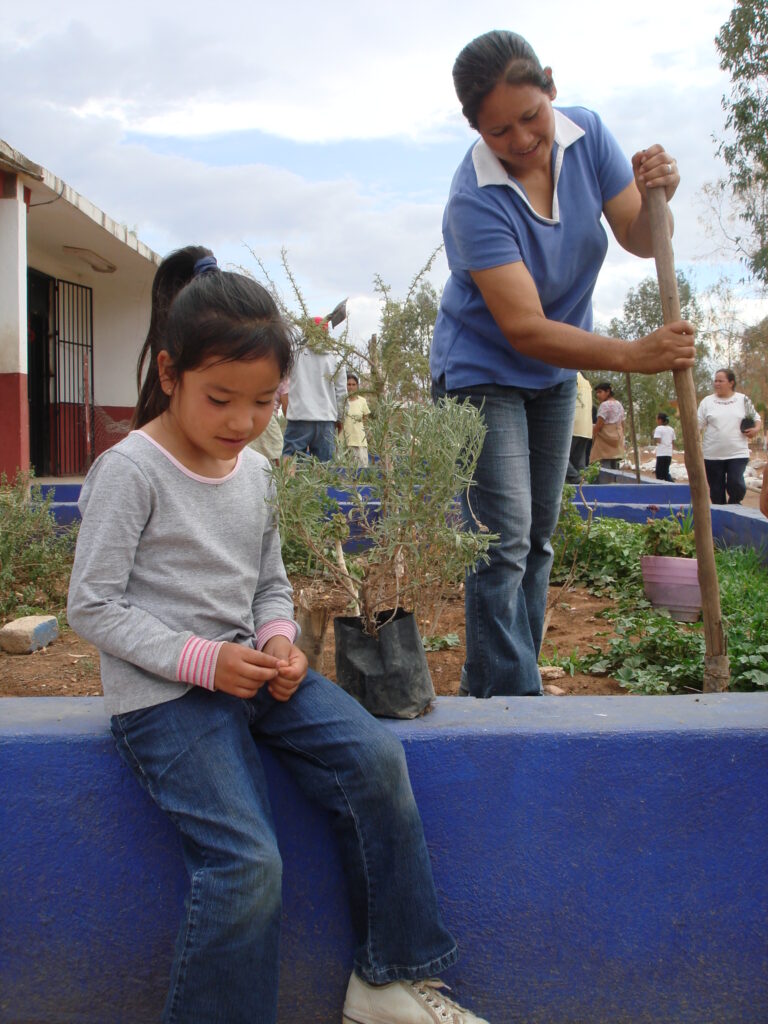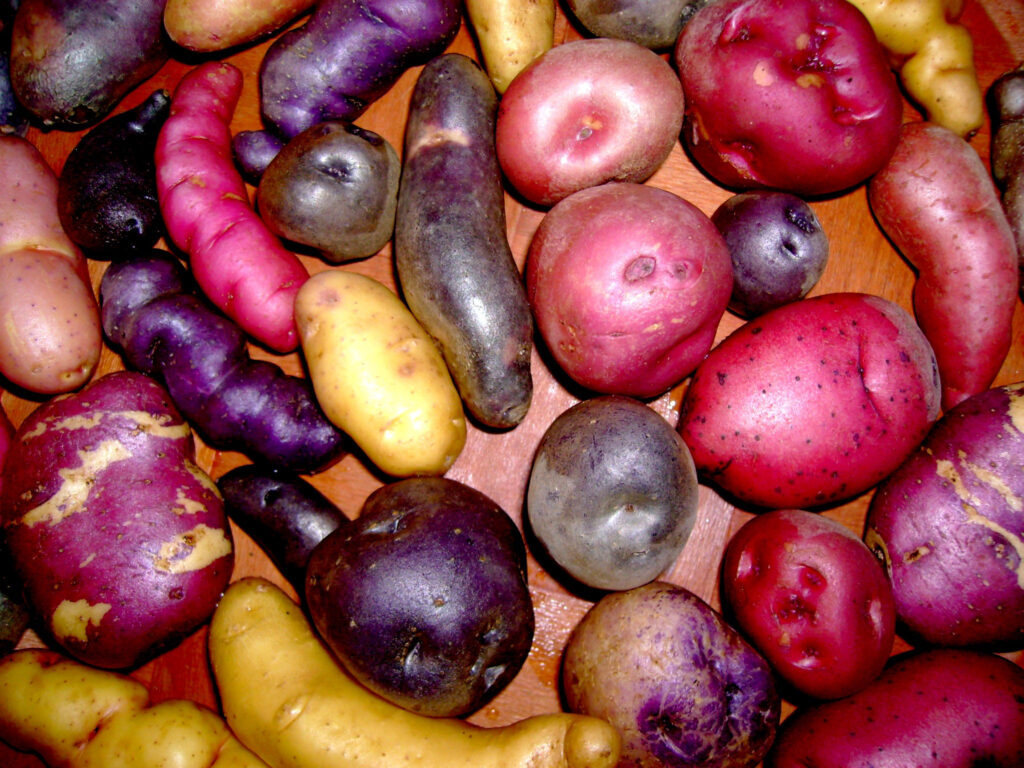The Nigeria Women Cooperative Federation Alliance (NIWCOFA) is owned by women-led cooperatives and is the foremost and fastest growing apex cooperative in Nigeria. It was formed and owned by Nigerian women on the 20th of September 2019. Despite the brutal threats facing women farmers in Nigeria, NIWCOFA women are contributing immensely to the food basket of Nigeria.
The mission of NIWCOFA is to train and coaching women (often widows) who are vulnerable in society and prepare them to be self-reliant and equal contributors to their communities’ social and economic development, which can impact the entire country.
Challenges
Women farmers face cultural challenges that are considered insurmountable to many. Land ownership is very difficult, and those that do own small plots often abandon them in fear of frequent attacks by bandits. Many women farmers have been raped and killed for working on their farms.
The women farmers do not have the same purchasing power as their male counterparts to acquire land, equipment, fertilizers, and other materials needed to successfully operate a farm. Those that do operate farms are not given the same opportunities to succeed. They don’t have access to the knowledge in the latest developments in agricultural practices, improved seedling varieties, and farming methods.
Opportunities
In Nigeria, women constitute of 60% of the cooperative membership with 45% of the cooperative leadership being taken by women. NIWCOFA is active in all 36 states including the Federal Capital Territory and operates in every community in Nigeria.
Women farmers receive training in both skilled and unskilled ventures aimed at increasing their productivity. Programs are developed to help increase their purchasing power and empower women to engage in more productivity. During workshops they learn how to apply for grants and other forms of funding from the Federal Ministry of Agriculture, the Central Bank of Nigeria and international agencies.
With help and support, the goal is for women farmers to have equal access to improved seedlings, better farming equipment, sufficient land for farming, funds to pay for labor, and improved security for their lives and property.
Today, MIWCOFA has more than 2 million members and are contributing to over 68% to Nigeria’s food basket despite all these challenges.



